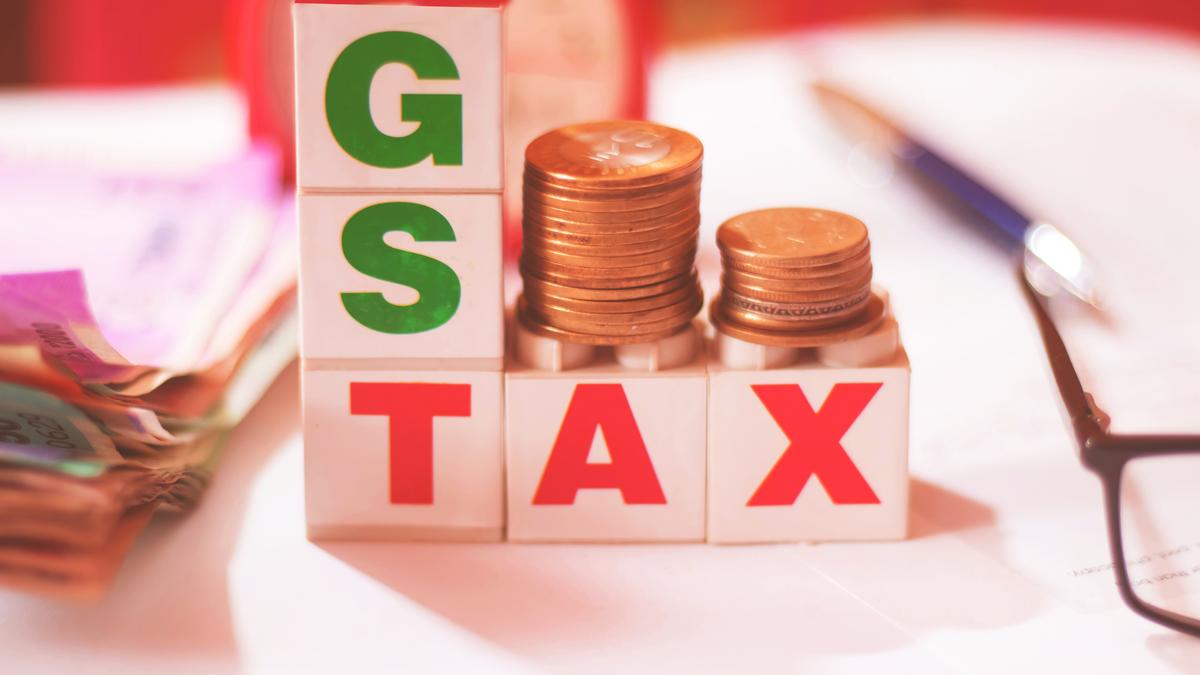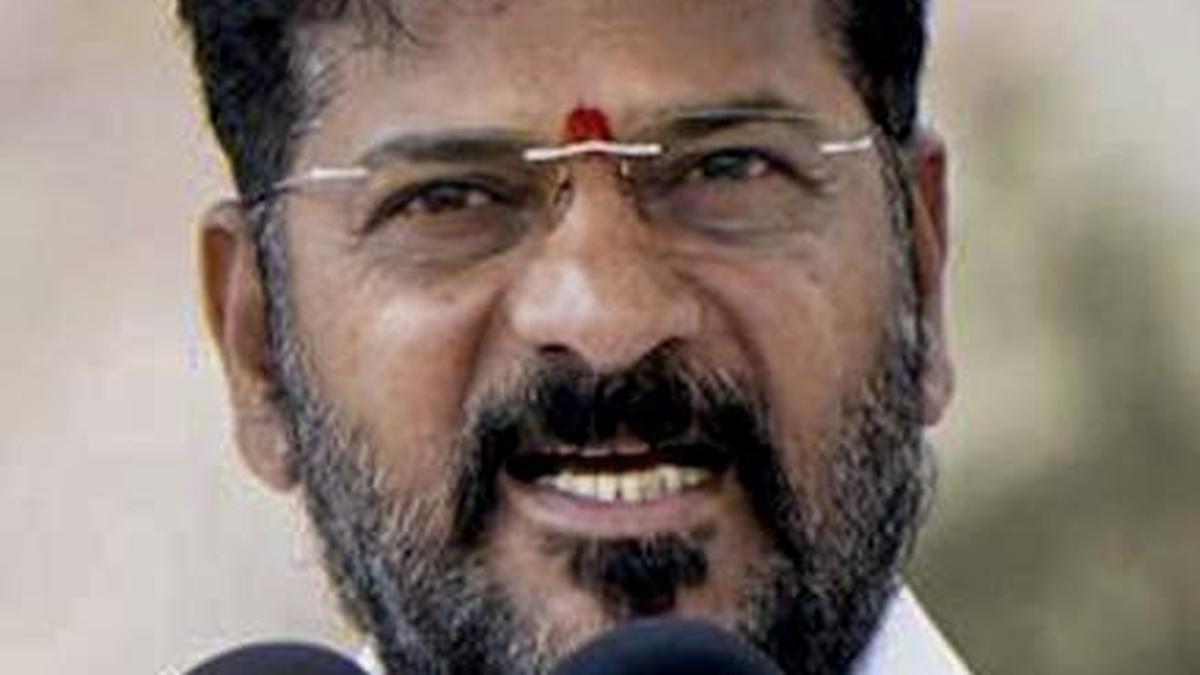Now Reading: Opposition-Led States Seek Compensation for Revenue Loss Under GST Reform Plan
-
01
Opposition-Led States Seek Compensation for Revenue Loss Under GST Reform Plan
Opposition-Led States Seek Compensation for Revenue Loss Under GST Reform Plan

Fast Summary
- opposition-ruled states have voiced concerns over the Center’s proposal to restructure GST rates, citing potential revenue losses of ₹1.5 crore to ₹2 lakh crore.
- Finance Ministers from eight states (Himachal Pradesh, Jharkhand, Karnataka, Kerala, Punjab, Tamil Nadu, Telangana, and West Bengal) demand compensation for up to five years to offset expected revenue losses.
- The Centre’s proposal includes reducing GST slabs from four tiers (5%, 12%, 18%, 28%) plus a cess to a two-tier system of 5% and 18% with an additional proposed 40% slab for sin goods and ultra-luxury items.
- States suggest imposing an extra levy on sin and luxury goods with shared proceeds among states while maintaining revenue neutrality.
- Karnataka Finance Minister Krishna Byre Gowda estimates states could lose approximately 15-20% of current GST revenues under the new regime unless compensated.
- Himachal pradesh minister Rajesh Dharmani affirmed support for rate rationalisation but demanded necessary compensations. Punjab Finance Minister Harpal Singh Cheema called for mechanisms against profiteering post-rate changes so benefits reach consumers.
- States propose using FY2024-25 as the base year for calculating revenue protection deficits.
Indian Opinion Analysis
The proposed GST reform aims at simplifying tax governance by merging slabs into a streamlined structure that is consumer-kind. Though, opposition-led state governments have raised legitimate concerns about fiscal implications due to reduced rates-particularly given critical progress needs funded by state revenues. The demand for compensation reflects fears of exacerbated fiscal deficits or stalled growth in state-driven initiatives during the adjustment phase.
The suggestion by these states to add duties on sin goods could present a balanced compromise between rate rationalization and protecting revenues while mitigating inflationary risks if carefully administered. Fixing FY2024-25 as the benchmark ensures equity in tracking impact across varied economies within India.
If implemented effectively alongside anti-profiteering measures-as suggested by punjab-it can ensure relief reaches consumers without undermining federal trust or state autonomy inherent in India’s federal structure.
Read more at: Original Source
























